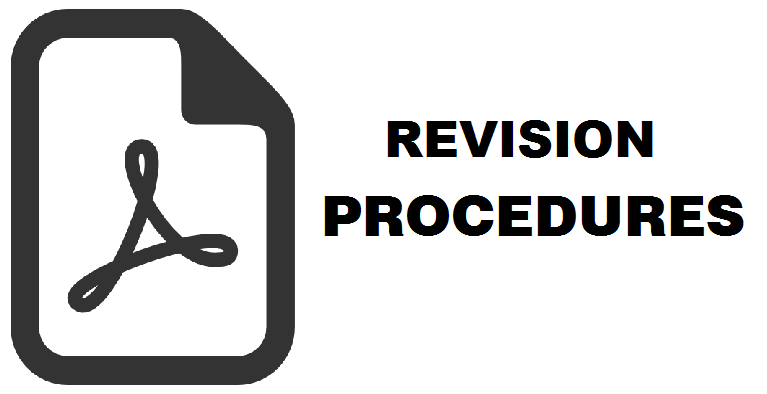Kajian Status Trofik Sebagai Dasar Strategi Penataan Lingkungan di Telaga Merdada
Anindya Kusumawati(1*), Langgeng Wahyu Santosa(2), Suwarno Hadisusanto(3)
(1) Fakultas Geografi, Universitas Gadjah Mada, Yogyakarta
(2) Fakultas Geografi, Universitas Gadjah Mada, Yogyakarta
(3) Pengembangan Masyarakat Islam, UIN Sunan Kalijaga, Yogyakarta
(*) Corresponding Author
Abstract
Sampel dikumpulkan pada tanggal 1 Agustus 2009. -3rd Lima titik sampling dalam Merdada Lake dikumpulkan di berbagai kedalaman. Pada setiap titik pengambilan sampel, transparansi air, Clorophyll-a, DO, pH, suhu, diukur. Lebih lebih, dinamika hara air dan sedimen yang diamati. Negara tropik ditentukan dengan menggunakan indeks Carlson dan OECD. Parameter kualitas tanah sekitarnya Merdada Lake diamati, termasuk topografi, permeabilitas, tekstur, struktur, dan kedalaman kolom tanah. Negara trofik dari Merdada Lake menurut konsentrasi nutrisi dan air transparansi menunjukkan bahwa Merdada Lake telah di tingkat hipertrofi, namun sehubungan dengan konsentrasi Clorophyll-dalam badan air, Merdada Lake masih dalam tingkat oligotrophic. Hasil ini menunjukkan bahwa Merdada Lake berada dalam kondisi tidak sehat. Konsentrasi tinggi nutrisi di Merdada Lake dapat menyebabkan ganggang mekar sehubungan dengan peningkatan transparansi air. Strategi yang diusulkan untuk mengurangi nutrisi di Merdada Lake adalah dengan aerasi dan penghapusan sedimen harus dipertimbangkan. Strategi yang diusulkan pengelolaan lingkungan untuk mengontrol eutrofikasi di jangka panjang adalah untuk mengelola wilayah cekungan luar dan danau riparian dengan pendekatan abiotik, biotik dan budaya. Lebih lebih, perencanaan penggunaan lahan, seperti penggunaan lahan zonasi, sehubungan dengan danau daya dukung dan peraturan pokok telah dilaksanakan.
ABSTRACT Telaga Merdada is a caldera lake in Dieng plateau. Large amount of vegetation between land and water is eliminated for agricultural expansions, primarily for potatoes farming. Fertilizer application in potatoes farming on has been intensively used. This excessive activities are exposing freshwater ecosystems in Merdada Lake, which result in eutrophication. The objectives of this research were to study environmental condition of Merdada Lake, determine trophic state, and to propose the environmental management strategies in the region of Merdada Lake to control the trophic state. The samples were collected on 1st –3rd August 2009. Five sampling points within Merdada Lake were collected in various depth. At each sampling points, water transparency, clorophyll-a, DO, pH, temperature, were measured. More over, nutrient dynamics of water and sediment were observed. Trophic state was determined by using Carlson index and OECD. Parameters of soil quality surrounding Merdada Lake were observed, including topography, permeability, texture, structure, and depth of soil column.Trophic state of Merdada Lake according to concentration of nutrient and water transparency shows that Merdada Lake has been in the hypertrophic level, however with respect to concentration of clorophyll-a in water body, Merdada Lake still in oligotrophic level. This results demonstrated that Merdada Lake were in unhealthy condition. High concentration of nutrient in Merdada Lake could lead to algae bloom with respect to increasing of water transparency. The proposed strategy to reduce nutrient in Merdada Lake are by aeration and sediment removal have to be considered. The proposed strategy of environmental management to control eutrophication in long term is to manage the outer basin region and riparian lake by abiotic, biotic and cultural approach. More over, land use planning, such as land use zonation, with respect to lake carrying capacity and principal regulation have to be implemented.
Keywords
Full Text:
PDF (Bahasa Indonesia)Article Metrics
Refbacks
- There are currently no refbacks.
Copyright (c) 2016 Majalah Geografi Indonesia

This work is licensed under a Creative Commons Attribution-ShareAlike 4.0 International License.
Volume 35 No 2 the Year 2021 for Volume 39 No 1 the Year 2025
ISSN 0215-1790 (print) ISSN 2540-945X (online)








